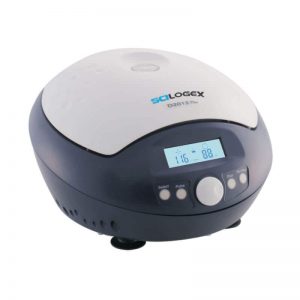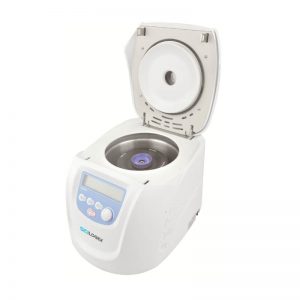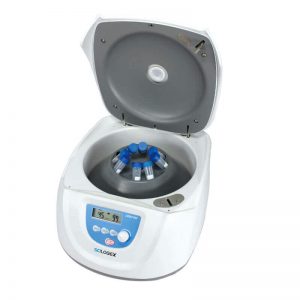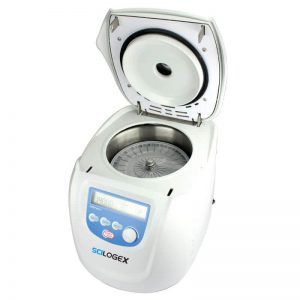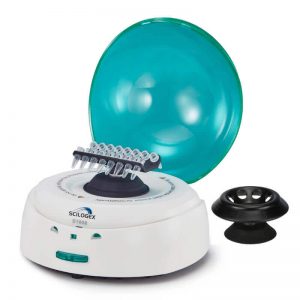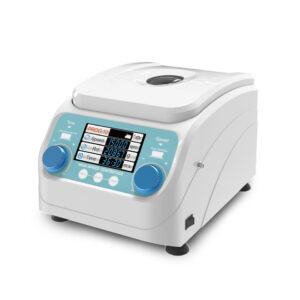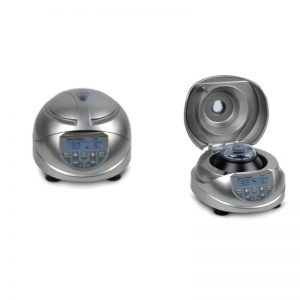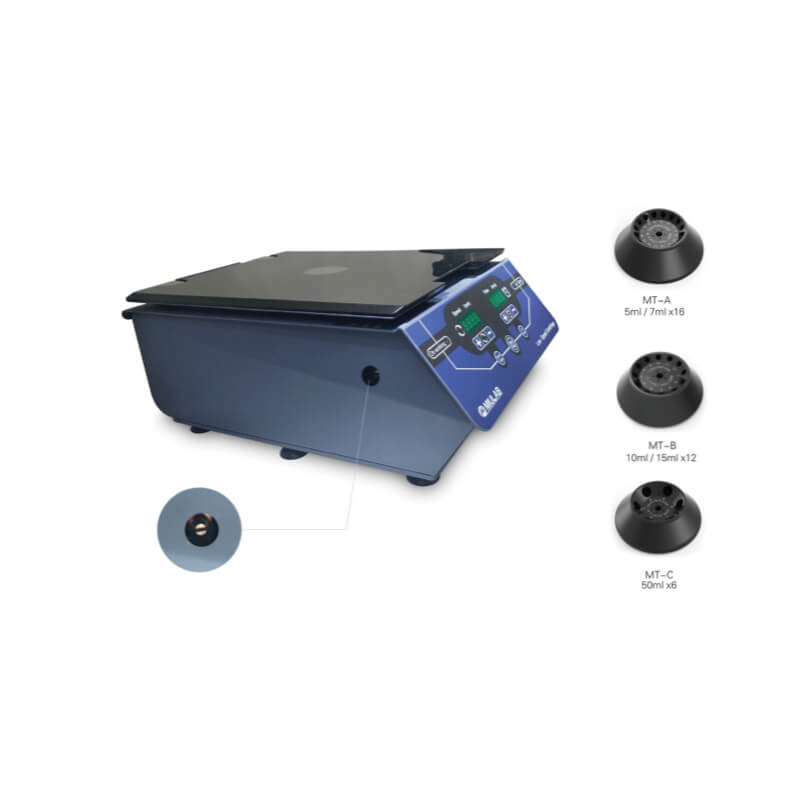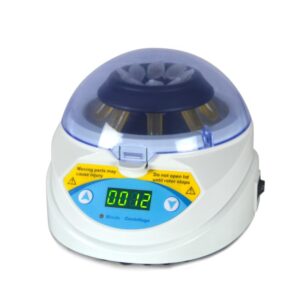What Are Lab Centrifuges?
Centrifuges laboratory equipment is used to separate liquids and gases based on density, size, and mass. When separation is necessary, it is done by rapidly rotating a container containing the material; the centrifugal force pushes heavier material out of the vessels.
The majority of labs, from academic to clinical, have found applications for the laboratory Centrifuge in the study and purification of cells, subcellular organelles, viruses, proteins, and nucleic acids. There are various types, categorized based on their use or rotor design.
Some of the types are:
- Refrigerated Benchtop Centrifuges
- Microcentrifuges
- Clinical Benchtop Centrifuges
- Vacuum Centrifuges/Concentrators
- Benchtop Centrifuges
We have a variety of Medical Centrifuges for sale. Explore the site!
Features
Compatible Rotors
Laboratory Centrifuges include replaceable rotors that can accommodate various sample containers, including tubes, microplates, and bottles, in various shapes and sizes.
Differential Speed Control
They include adjustable speed settings to regulate the centrifugal force applied to the samples, enabling exact separation in accordance with predetermined needs.Digital Display
Digital screens that offer real-time data on speed, time, and other operational parameters are common in modern Medical Centrifuges.
Timer Feature
The timer function on this instrument typically allows users to select a specified run time for their samples.
Refrigeration
For temperature-sensitive samples in particular, some models have built-in refrigeration or temperature control to keep samples intact during longer runs.
Automatic Rotor Locking
A convenient feature that automatically locks the rotor in place when the Centrifuge is not in use to ensure handling safety.
Rotor Identification
The risk of operator error is decreased by some Centrifuges' ability to recognize the type of rotor attached and modify settings accordingly.
Brushed-Free Motors
For quieter operation and longer lifespan, brushless motors are used in many modern Centrifuges.
Data Logging
Advanced models may have data logging abilities, enabling users to record and retrieve centrifugation results for documentation and analysis.
How To Pick the Perfect Centrifuge?
Finding to shop Centrifuges the right lab Centrifuges for your purposes is also essential. Therefore, here are some of the factors that you must consider.
- Rotor speed
- Timers
- Display and controls
- Size and capacity
Centrifuges offer adjustable speed management. Commonly, the speed is expressed in RPMs, but some of the best items let you adjust the G-force. Moreover, with a variety of duration options available, we have the best Centrifuges for sale. These include centrifuges with a broad range of timed settings, such as 30 seconds to 99 minutes.
Modern lab centrifuges come with simple-to-read digital screens and menus. The operating parameters can be precisely and quickly set before each application.
The capacity and size of your lab may also have an impact on its effectiveness. The cost of a high-capacity Centrifuge is likely to be more, but you can add more vessels, which can save time and energy and lower the likelihood of lab errors.
Whatever your requirements are, we have the ideal lab Centrifuge. At NE LabSystems, we specialize in offering the best lab equipment available to laboratories all around the world. Buy Centrifuges online from us now.

